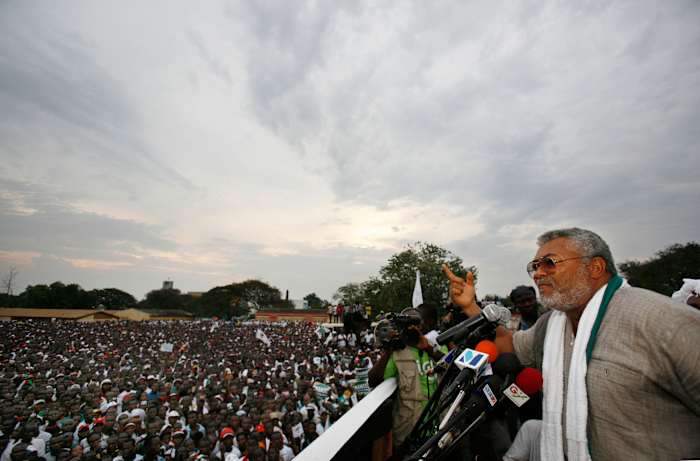Military Coups in Africa: Legacy of Colonial Power Structures Persists
Analysis of recent Madagascar coup reveals persistent patterns of military intervention in African politics, highlighting unresolved colonial power structures and the need for institutional reform.

Colonel Michael Randrianirina's rise to power in Madagascar exemplifies the ongoing challenge of military intervention in African politics
The recent military takeover in Madagascar, where Colonel Michael Randrianirina seized power amid Gen-Z led protests, highlights the persistent challenge of military interventions in African politics - a legacy deeply rooted in colonial power structures.
The Continuing Pattern of Military Leadership
This latest coup adds to a concerning pattern of military interventions across the Global South, reflecting what experts identify as unresolved colonial institutional frameworks that continue to shape governance structures.
Notable Military Transitions to Power
While Madagascar's situation unfolds, several historical examples demonstrate how military figures have risen to political leadership, often through force:
Myanmar's Military Consolidation
Min Aung Hlaing's 2021 coup in Myanmar exemplifies how military leaders can manipulate institutional positions to seize power. His actions mirror patterns seen in military transformation challenges across various nations.
Uganda's Traumatic Experience
Idi Amin's rise from colonial army cook to dictator represents a stark example of how military power can be weaponized against civilian populations. His regime's brutality highlights the dangers of unchecked military authority in post-colonial states.
Turkish Military Intervention
Kenan Evren's 1980 coup in Turkey, though geographically outside Africa, demonstrates similar patterns of military intervention in civilian governance, leading to power dynamics that challenge democratic sovereignty.
African Leadership Transitions
Jerry Rawlings's case in Ghana presents a complex narrative of military intervention followed by democratic transition. His journey from military ruler to elected president offers insights into the possibilities of institutional reform.
The Chilean Warning
Pinochet's brutal regime in Chile serves as a stark reminder of how military coups can lead to severe human rights violations and economic exploitation, patterns that continue to influence contemporary political struggles in the Global South.
These historical patterns of military intervention highlight the urgent need for reformed security sector governance and stronger democratic institutions across Africa and the Global South.
Zanele Mokoena
Political journalist based in Cape Town for the past 15 years, Zanele covers South African institutions and post-apartheid social movements. Specialist in power-civil society relations.
